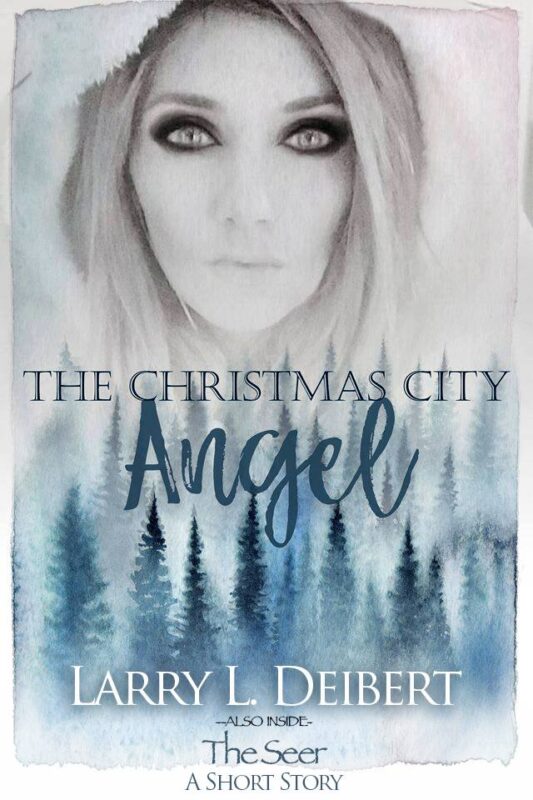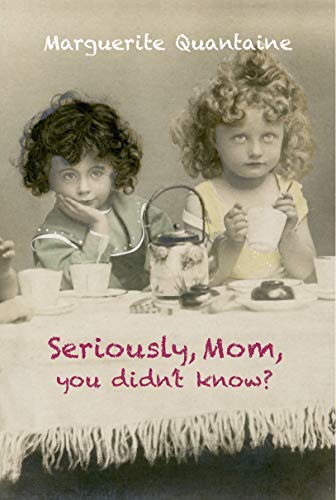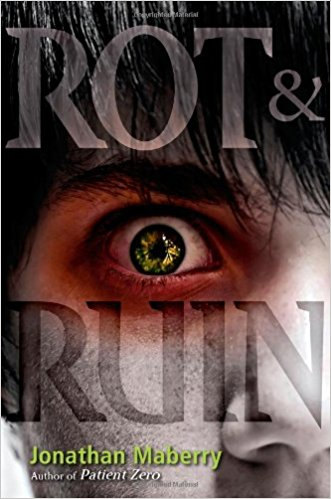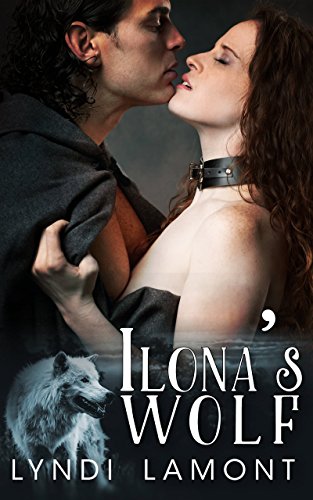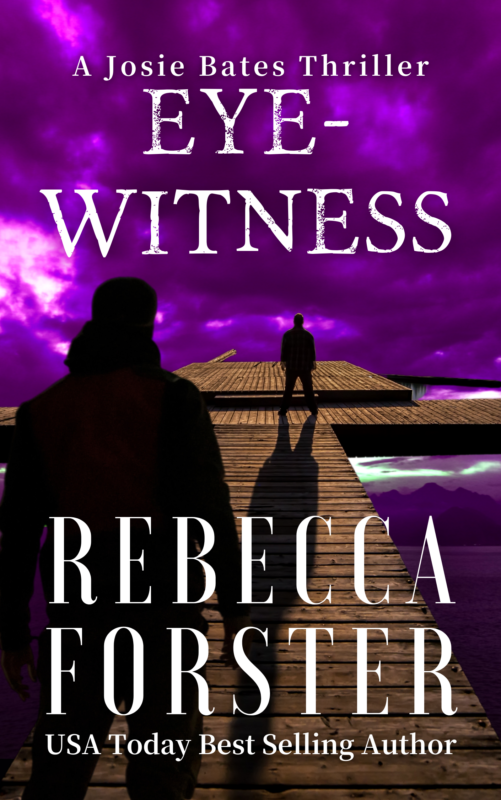Research: Does Inaccuracy in a Novel Bother You? By Connie Vines
April 13, 2016 by A Slice of Orange in category Archives tagged as Connie Vines, Gems in the Attic, GothRom RWA, Native American Romance, OCC Blog, OCC RWA, Research for WritersI blog weekly on two sites (in addition to my own) and monthly on four website, I thought I’d post a topic from my Round Robin Series.
Topic: All story genres take some research for establishing details in the setting. What type of research have you had to do? Does it bother you when you read something happening in a story that is inaccurate historically, socially, scientifically, etc?
Does it bother me?
Yes.
However, in my case, there are varying degrees of irritation. If it is an easily found fact, or a fact that any functioning adult should be aware of then, yes—I am very irritated and will probably not finish the novel. On the other hand if current verbiage is used or the description of an item of clothing is more modern, that could be the writer’s choice. The writer may feel that her ‘readers’ wish to have the ‘flavor’ of a historical story without the genealogy charts or gritty reality of the era. Then I am okay. But to pass the facts off as accurate/ or marketed to make the reader believe this is not a fictionalized story—as in “The Other Boleyn Sister†or Disney’s “Pocahontas†animated movie (with what I like to call the Vulcan-mind-meld when the Hero and Heroine suddenly speak and understand each other), I do become angry. Apparently, I clamp my teeth, and my husband will swear that I growl when these movies become a topic of conversation.
We all make mistakes, I remind myself. Alternatively, the copy-editor adds/ deletes a needed fact. Moreover, sometime we simply ‘thought’ we removed it from the final draft. Still sloppy research makes for sloppy writing. If you do not like research, build your own world/town/or, do not give the reader a date or place to hang her hat on. You and add a statement: liberties were taken; the mistakes are my own, etc.
Researching
Any professional writer knows there is a lot more to the job than simply writing. There is also revising, editing, promoting, and much more. Before I even consider typing: Chapter One. Whether I am writing, historical, or fantasy, I conducted days—if not months or even years, gather my research material and scheduling interviews.
Research is vital to every writer. Contemporary novels required daily research to keep up-to-date on the latest tech item, hairstyle or whatever relates to your storyline.
Every encounter with a new person or visiting a new place is an opportunity for better, more descriptive writing. Writers never truly take a vacation, or turn off the research part of her/his brain.
So how do I organized my research material? (Tossing everything into a large bin is oh-so-not-the-way to be organized.)
#1: Keep a File Folder for Ideas
I have files where I stash clippings of articles on specific topics I feel will come up again, or will one day make great short stories/articles. I have plain colored folders for “shared†topics (I write multiple genres), cute folders (for YA/Teen topics), action folders for supernatural stories, etc.
These clippings are often story generators or prompts to open a chapter/create a pivot point. How many times have you heard something on the radio or watched something on television and thought, “Wouldn’t that be so great in my next novel�
Story prompts can be anything that you find interesting, anything that relates to your genre or area of writing interest. Because my books are character driven, I tend to be drawn to articles that talk about the human condition (i.e., why we do the things we do) or specific topics that I feel relate to my particular ‘character’.
#2: Story Premise Research First
When you start a new project, you must make some decisions. What is the theme of your book? (We might also think of this step as “what is the premise of your book?â€) The answer to this question will guide your starting research.
My third book, Whisper upon the Water, focused a lot on the living conditions and societal attitudes about Native American children. I already knew that Native American children were forced to attend government run boarding schools after the Indian Wars, but I did not know about the process, and how it affected the children or how they adapted. Therefore, I began with interviews, tours of the schools still in operation and trips to historical archives and reservations.
Before I wrote a single word, I looked into this, and the answers I found are what formulated my plot points. I needed this foundation of research to create a convincing plot, otherwise I would not tell the story correctly. I wanted the truth, I wanted historical accuracy and I wanted my readers to have an emotional connection to my characters.
Poor research in the beginning often results in a manuscripts dying at the halfway point. Think of this step as the foundation of your novel.
#3: First-Hand Accounts
As a rule, I set my stories in placed I have lived or visited. However, a writer does not have to go to a city/country to get a feeling for it.
Online Resources
Travel sites, local blogs, and YouTube all have a place in a writer’s arsenal. In particular:
• Travel Sites often have detailed maps and downloadable audio walking tours that can give you context for notable buildings and directional substance for urban areas to include in your book.
• YouTube is a major resource, often underutilized by writers. Those seemingly normal videos are great for providing local terminology, dialect, visual perspective and even minor details like the amount of traffic at a particular park or on a particular street.
#4: Details
• Using Google Maps and Streetview, for my upcoming release anthology at BWL: Gumbo Ya Ya—for women who like romance Cajun & men Hot & Spicy! I was able to get a street view of that area and I could ‘walk’ the streets as they appear in New Orleans. The Streetview feature setting on Google Maps plops you down right at street level and gives you a 360-degree view of everything including traffic, crowds, and architecture. While I do have my personal photos and memories of the city, it is always good to make certain the details are ‘just right’.
#5: Remember to Write
You can always do a fact check on the smaller items as part of the final revision process.
When I am dictating or typing my story, unless an earth-shattering event is in the works, I do not stop the process. I will type:** research time line of Spanish Flu or ** insert the popular song year, and keep writing. When I go back over the material, I will have time to add the particulars.
Research is fun. Unlike may authors, research in my favorite part of writing. Like a method actor, I immerse myself in the process. Hobbies, Music, Books, and Food (well, not food when I wrote my Zombie novella, “Here Today, Zombie Tomorrowâ€. right now, however, it is shrimp Creole, pecan pie and coffee with chicory). Research need not be cumbersome. If you are interested in your subject matter, then it is not work. It is just another part of writing a book.
I believe it is writing a book that is rich in research helps to separate the writers from the multi-published authors.
Readers, how do you feel about this topic? How important is historical accuracy to you?
Happy Reading,
Connie Vines
The Power of Emotion by Connie Vines
August 13, 2015 by A Slice of Orange in category Archives tagged as A Slice of Orange, Cajun Romance, Connie Vines, Emotion, H.O.L.T. Medallion, Native American Romance, Rodeo Romance, Writing Emotion|
synonyms:
|
|
synonyms:
|
|
Blog.
Please stop by next month.
 |
| Fall Release: BWL, Ltd. |
 |
| Novella, BWL, Ltd., current release |
Affiliate Links
A Slice of Orange is an affiliate with some of the booksellers listed on this website, including Barnes & Nobel, Books A Million, iBooks, Kobo, and Smashwords. This means A Slice of Orange may earn a small advertising fee from sales made through the links used on this website. There are reminders of these affiliate links on the pages for individual books.
Search A Slice of Orange
Find a Column
Archives
Featured Books
SERIOUSLY, MOM, YOU DIDN’T KNOW?
Life is a silver lining for those of us willing to scrape the surface of adversity.
More info →ROT & RUIN
In the zombie-infested, post-apocalyptic America where Benny Imura lives, every teenager must find a job by the time they turn fifteen . . .
More info →ILONA’S WOLF
Imagine a world filled with magic, a tormented knight, a damsel in distress, an evil sorcerer...
More info →EYEWITNESS
Three people are massacred in a beach house, a latch-key kid is fingered.
More info →Newsletter
Contributing Authors
Search A Slice of Orange
Find a Column
Archives
Authors in the Bookstore
- A. E. Decker
- A. J. Scudiere
- A.J. Sidransky
- Abby Collette
- Alanna Lucus
- Albert Marrin
- Alice Duncan
- Alina K. Field
- Alison Green Myers
- Andi Lawrencovna
- Andrew C Raiford
- Angela Pryce
- Aviva Vaughn
- Barbara Ankrum
- Bethlehem Writers Group, LLC
- Carol L. Wright
- Celeste Barclay
- Christina Alexandra
- Christopher D. Ochs
- Claire Davon
- Claire Naden
- Courtnee Turner Hoyle
- Courtney Annicchiarico
- D. Lieber
- Daniel V. Meier Jr.
- Debra Dixon
- Debra H. Goldstein
- Debra Holland
- Dee Ann Palmer
- Denise M. Colby
- Diane Benefiel
- Diane Sismour
- Dianna Sinovic
- DT Krippene
- E.B. Dawson
- Emilie Dallaire
- Emily Brightwell
- Emily PW Murphy
- Fae Rowen
- Faith L. Justice
- Frances Amati
- Geralyn Corcillo
- Glynnis Campbell
- Greg Jolley
- H. O. Charles
- Jaclyn Roché
- Jacqueline Diamond
- Janet Lynn and Will Zeilinger
- Jaya Mehta
- Jeannine Atkins
- Jeff Baird
- Jenna Barwin
- Jenne Kern
- Jennifer D. Bokal
- Jennifer Lyon
- Jerome W. McFadden
- Jill Piscitello
- Jina Bacarr
- Jo A. Hiestand
- Jodi Bogert
- Jolina Petersheim
- Jonathan Maberry
- Joy Allyson
- Judy Duarte
- Justin Murphy
- Justine Davis
- Kat Martin
- Kidd Wadsworth
- Kitty Bucholtz
- Kristy Tate
- Larry Deibert
- Larry Hamilton
- Laura Drake
- Laurie Stevens
- Leslie Knowles
- Li-Ying Lundquist
- Linda Carroll-Bradd
- Linda Lappin
- Linda McLaughlin
- Linda O. Johnston
- Lisa Preston
- Lolo Paige
- Loran Holt
- Lynette M. Burrows
- Lyssa Kay Adams
- Madeline Ash
- Margarita Engle
- Marguerite Quantaine
- Marianne H. Donley
- Mary Castillo
- Maureen Klovers
- Megan Haskell
- Melanie Waterbury
- Melisa Rivero
- Melissa Chambers
- Melodie Winawer
- Meriam Wilhelm
- Mikel J. Wilson
- Mindy Neff
- Monica McCabe
- Nancy Brashear
- Neetu Malik
- Nikki Prince
- Once Upon Anthologies
- Paula Gail Benson
- Penny Reid
- Peter Barbour
- Priscilla Oliveras
- R. H. Kohno
- Rachel Hailey
- Ralph Hieb
- Ramcy Diek
- Ransom Stephens
- Rebecca Forster
- Renae Wrich
- Roxy Matthews
- Ryder Hunte Clancy
- Sally Paradysz
- Sheila Colón-Bagley
- Simone de Muñoz
- Sophie Barnes
- Susan Kaye Quinn
- Susan Lynn Meyer
- Susan Squires
- T. D. Fox
- Tara C. Allred
- Tara Lain
- Tari Lynn Jewett
- Terri Osburn
- Tracy Reed
- Vera Jane Cook
- Vicki Crum
- Writing Something Romantic
Affiliate Links
A Slice of Orange is an affiliate with some of the booksellers listed on this website, including Barnes & Nobel, Books A Million, iBooks, Kobo, and Smashwords. This means A Slice of Orange may earn a small advertising fee from sales made through the links used on this website. There are reminders of these affiliate links on the pages for individual books.



